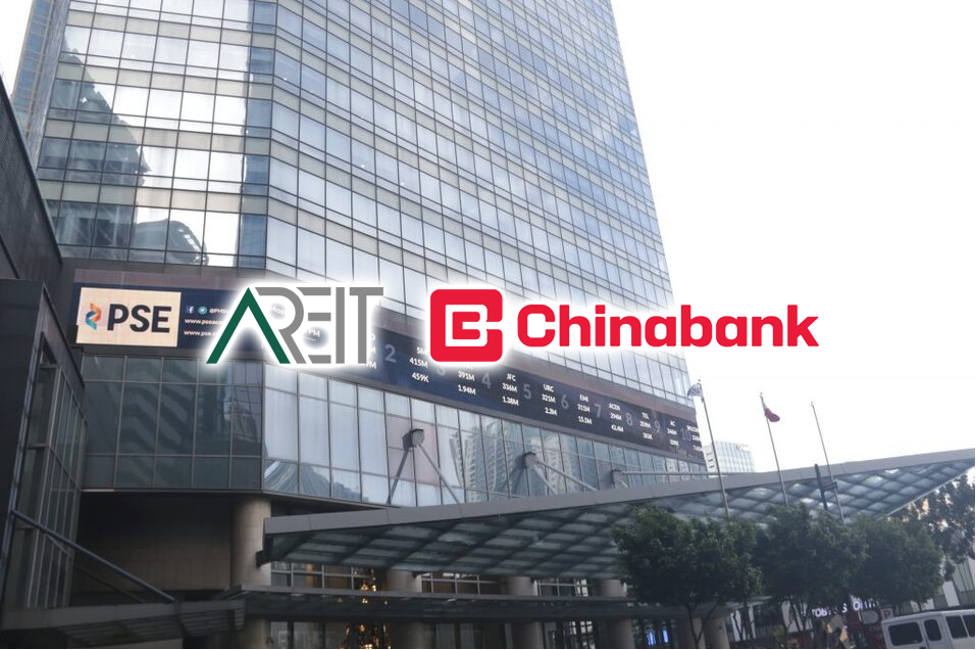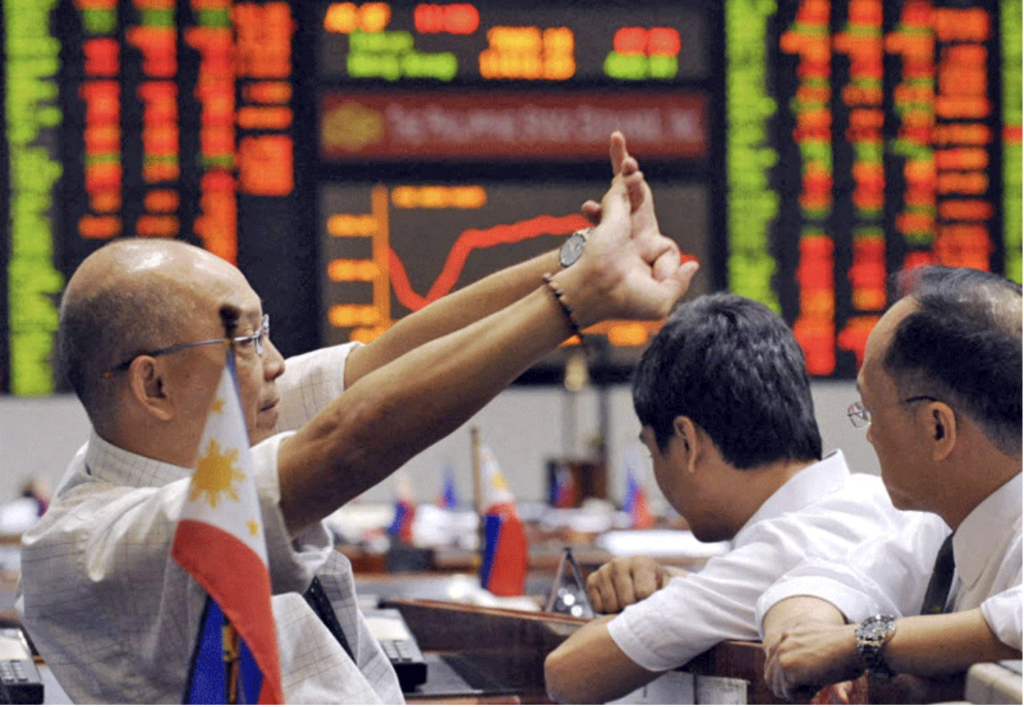The Philippine Stock Exchange (PSE) has announced a significant reshuffling of its benchmark PSEi index, with banking powerhouse China Banking Corp. (Chinabank) and real estate investment trust (REIT) giant AREIT Inc. now joining the prestigious main board.

This move, effective last February 3, 2025, reflects the evolving landscape of the Philippine market and underscores the growing prominence of REITs.
AREIT’s inclusion marks a milestone, as it becomes the first listed REIT to ascend to the PSEi’s main board since its public debut in 2020. This achievement underscores the burgeoning potential of REITs within the Philippine capital market.
“The fact that our first listed REIT was also the first to reach the PSEi is noteworthy,” said Ramon Monzon, CEO and president of the PSE. “This demonstrates the enormous investment potential of REITs and provides a solid model for REIT issuers who wish to optimize this specific listing vehicle.”
Monzon further highlighted the increasing presence of REITs across PSE indices, with two in the Midcap index and four in the Dividend Yield index, despite their relatively recent introduction to the market.
Chinabank rejoins PSEi

Chinabank’s return to the PSEi after more than a decade signifies its robust performance and renewed market confidence.
“We are honored to again be part of the PSEi after more than a decade,” said Chinabank President and Chief Executive Officer Romeo Uyan Jr. “The ensuing investor interest in our stock reflects confidence in our long-term vision and in our ability to execute our strategic initiatives.”
The bank’s stock price has witnessed a remarkable surge throughout 2024, more than doubling in value, driven by record-breaking financial results.
As of end-September 2024, Chinabank held the position of the fourth largest private universal bank in the country, boasting P1.6 trillion in total assets and P18.4 billion in net income. Its profitability was further highlighted by its ranking as the 13th most profitable Philippine company in 2023.
For his part, Chinabank Chief Finance Officer (CFO) Patrick Cheng emphasized the bank’s consistent profitability and steady growth, highlighting its focus on digital transformation and continuous product and process enhancements. “Our profitability and capital efficiency have been improving the past years and we remain focused on ensuring good progress in our digital transformation and product and process enhancements,” he said.
Following a banner year in 2024, the bank has set its sights even higher this 2025, announcing plans to raise up to P100 billion over the next three years to propel its expansion and strategic initiatives. This ambitious fundraising plan comes on the heels of the bank’s impressive performance in the first three quarters of 2024.
Meanwhile, the inclusion of AREIT and Chinabank comes at the expense of Nickel Asia Corp. and Wilcon Depot Inc., which have since been relegated to the PSE Midcap index.
A dynamic shift in market leadership

This shift reflects the PSE’s periodic review of listed companies’ performance, taking into account factors such as market capitalization, liquidity, and free float, which must be at least 20% of outstanding shares.
Chinabank has previously held a place on the PSEi from May 2010 to May 2011.
Beyond the main board, other index adjustments have also been announced. Philippine Seven Corp. will replace DDMP REIT Inc. in the PSE Midcap index. In the PSE Dividend Yield index, Robinsons Land Corp. will take the place of International Container Terminal Services Inc.
The PSE sector indices remain largely unchanged, with the exception of the Industrials sector, which welcomes Pryce Corp. while excluding Fruitas Holdings Inc.
The PSEi serves as a crucial barometer of the overall health of the Philippine stock market. By tracking the performance of the 30 most representative listed companies, it provides investors with a snapshot of market sentiment and trends.
The addition of AREIT and Chinabank to this key index signals a dynamic shift in market leadership and highlights the increasing importance of REITs and established banking institutions in the Philippine economy. These changes reflect the PSE’s commitment to maintaining a relevant and representative index that accurately reflects the evolving dynamics of the Philippine stock market.







